It’s been an exciting and productive year here at the Rajala Woods Foundation (RWF). The RFW team made significant progress advancing our mission at the Moose Creek and Hodnik Family Forest properties, while also successfully completing a large mineland reclamation project.
We have more projects in the works for 2024, including the development of detailed forest management plans for RWF lands, pursuing grant opportunities, and furthering our partnership with other organizations. We’re also continuing to explore climate adaptive forestry for our northern forests.
I’m thrilled with the incredible strides our team has made—and will continue to make—to restore long-lived tree species in their native habitats. The Rajala Woods Foundation hopes you have a wonderful holiday and a happy new year!
-Blake Francis, Executive Director
RESTORING FORESTS
Many of the long-lived tree species that historically dominated Minnesota’s northern woods have been declining over the past century, often with short-rotation trees growing in their place. At the RWF, we’re passionate about using innovative forestry practices that we’re confident will improve the ecological diversity of our native forests to provide long-lasting benefits.
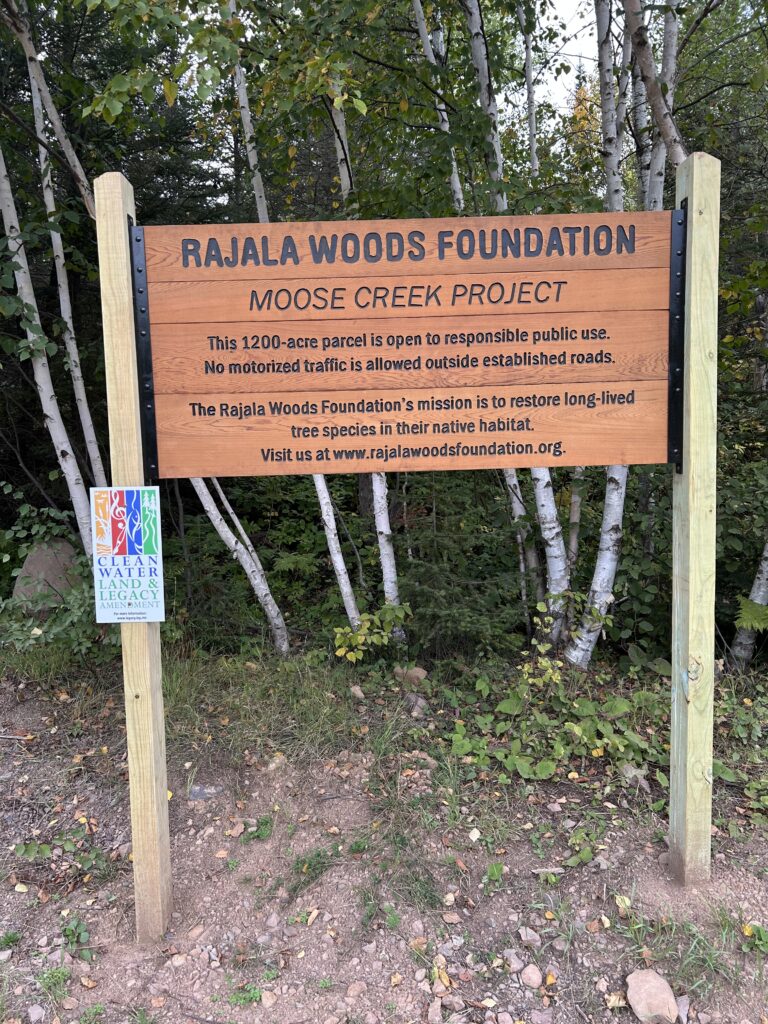
MOOSE CREEK
The bulk of our 2023 efforts took place at RWF’s Moose Creek Project, consisting of 1,200 acres of forest land in eastern Lake County, MN.
Amidst planting white pine seedlings and clearing brush to give those seedlings space to grow, we’ve seen very little evidence of the deer browsing that plagues seedling growth at many planting sites. This has greatly benefitted our white pine restoration activities, and it also means the Moose Creek Project is a great location to re-establish northern white cedar, a native, long-lived species which can live up to 400 years – or even longer!
Over the last century, it has proven difficult to regenerate white cedar, largely because deer predation hinders regrowth. However, through our on-the-ground efforts, we’ve discovered natural cedar regeneration at Moose Creek is occurring at a scale we haven’t witnessed elsewhere. The heavy snow in the area appears to keep the deer population in check, creating a unique opportunity for RWF to help re-establish significant stands of cedar.
“Deer like to browse on white pines, but they love to eat young cedar. It seems the Moose Creek Project (MCP) is located in a ‘deer desert,’ which could be extremely helpful for our initiatives. We should seize on this opportunity, and determine what additional projects could help accelerate cedar regrowth at MCP.”
-Kurt Anderson, Board Chair
Because we want to nurture both our white pine plantings and the naturally seeded white cedar, we’re hoping to spend 2024 working with partners and exploring grants that will help us expand the percentage of white cedar on the property and support the area’s natural biodiversity.
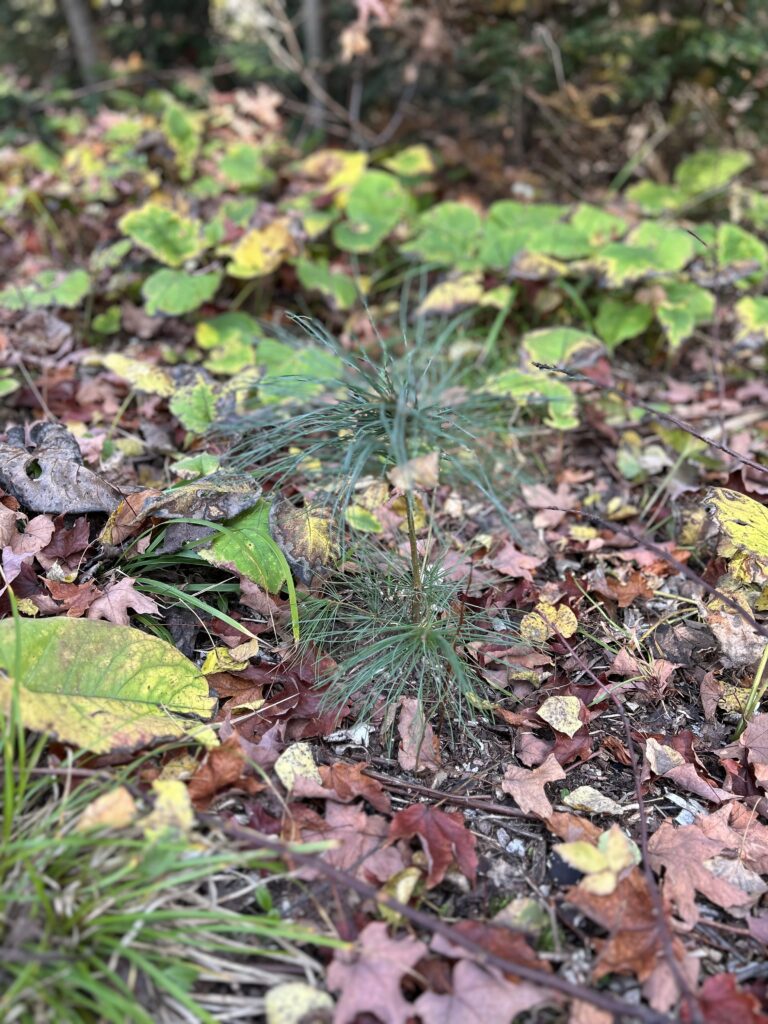
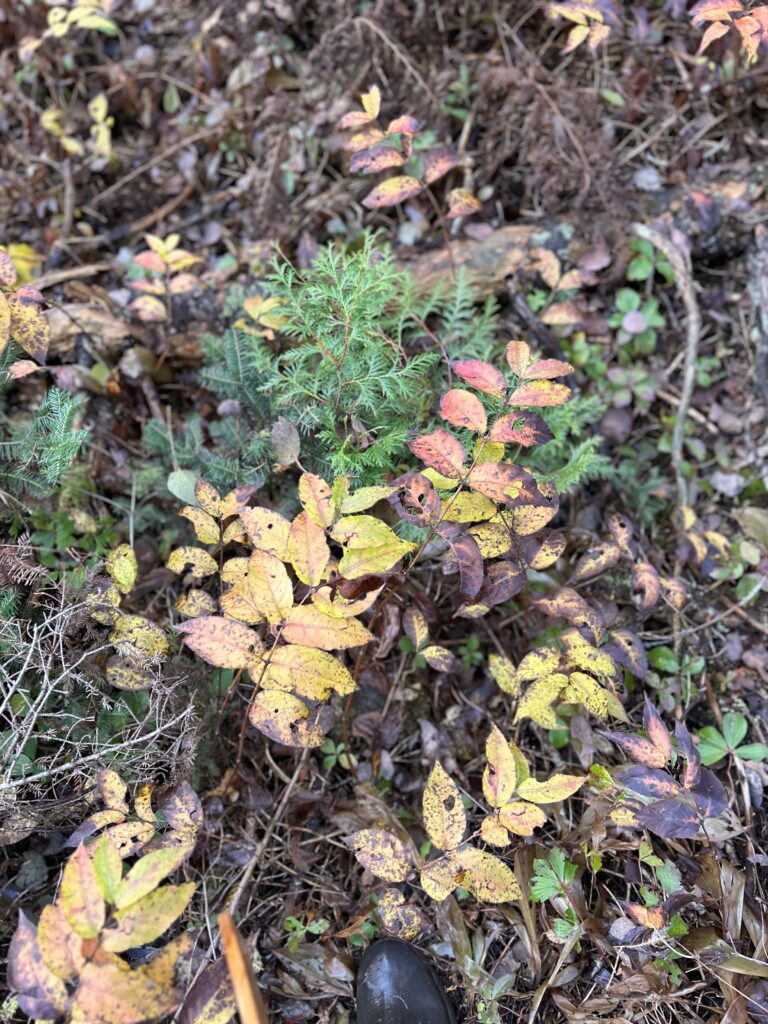
HODNIK FAMILY FOREST
The Hodnik Family Forest (HFF) is a 1,200 acre RWF-owned parcel near Hoyt Lakes, which was donated as a tribute to former ALLETE CEO Al Hodnik and his family. HFF is an ideal site for the propagation of red (Norway), white pine, and potentially other long-lived tree species.
RWF is currently working on a long-range forest management plan to guide our efforts to bring back the long-lived species, with plenty of opportunities to manage the property in a way that upholds our values.
As we gather inventory information, determine the age of each stand, and determine which species are present on the property, we anticipate active management beginning in 2024.
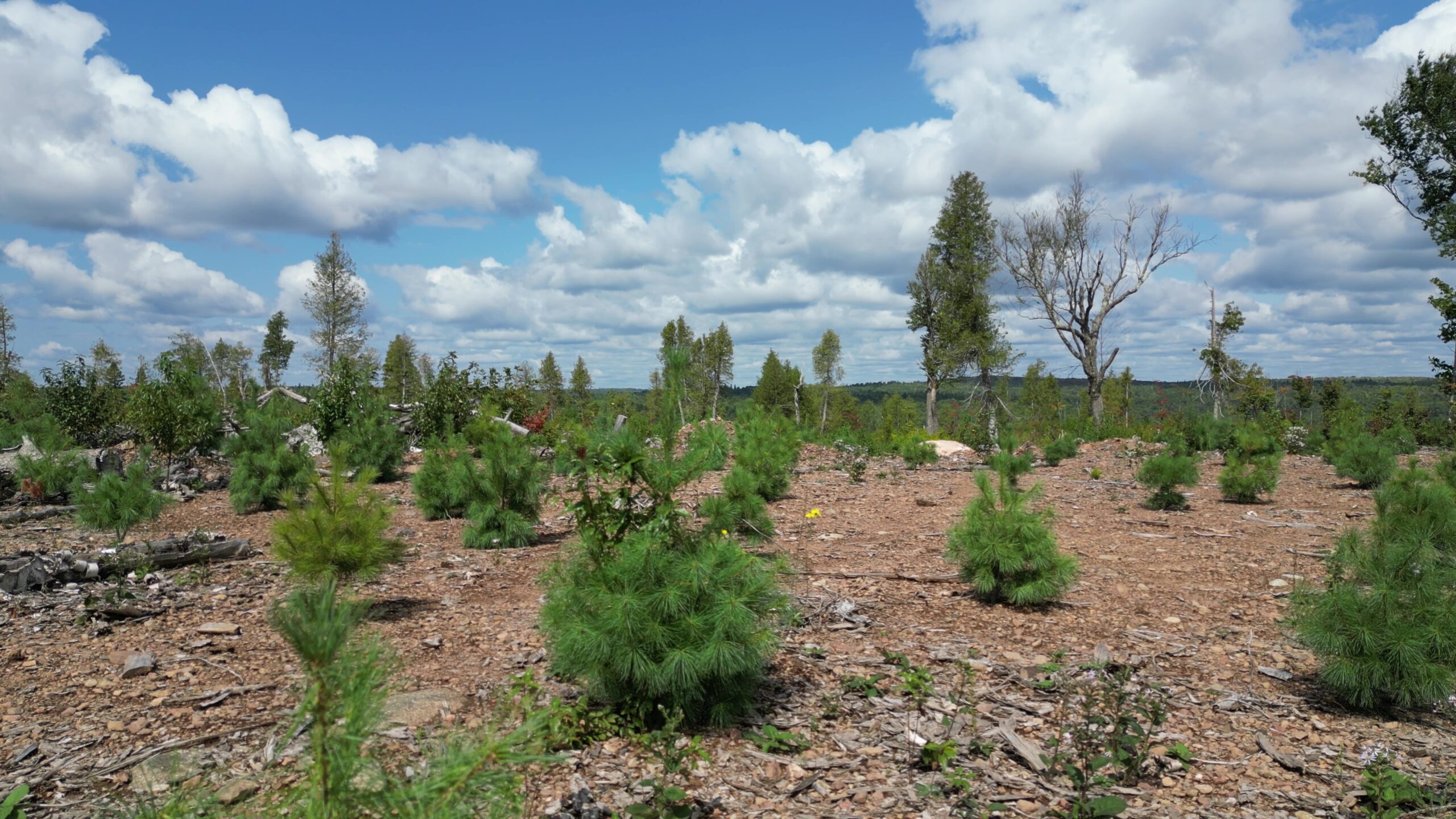
HELP US GROW
The Rajala Woods Foundation is funded by private and public donations and grants. We welcome your donations, financial contribution, volunteerism, and other support.
